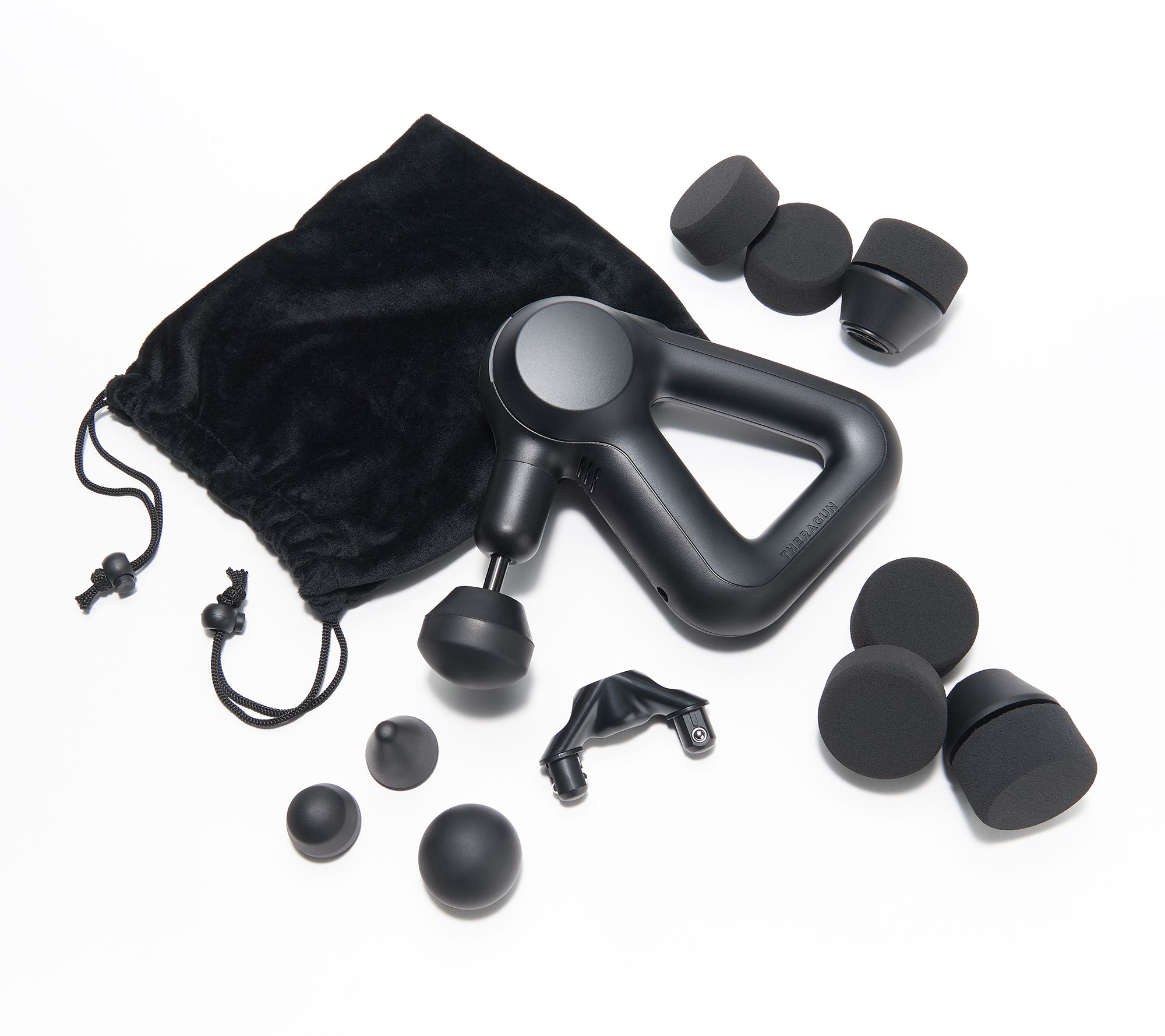Molekule Air Mini+ | Portable Small Room Air Purifier
Up to 250 sq ft. Particle sensor. Auto Protect mode. Apple HomeKit-enabled.
SARS-CoV-2. More than 99% viral reduction in under one hour.
SARS-CoV-2 has caused a global pandemic and spreads through the air. Infection and severity is associated with exposure to a high viral load. Air Mini+ was able to reduce the concentration in the air by 99.98% and destroyed 99% of the virus on the catalyst in one hour.
Testing location and standard
Tested at University of Nebraska Medical Center, Department of Pharmacology & Experimental Neuroscience
*Pollutants were not re-released into the chamber after initial introduction. Device operated on the lowest speed setting. No air purifier can prevent you from getting a virus. Molekule encourages the use of PPE and medical countermeasures suggested by government authorities.
Auto Protect
Air Mini+’s distinguishing mode delivers particle protection by auto-adjusting fan speed based on the sensor.
Air control
Choose between Auto Protect or five fan speeds, and track your PECO-Filter status from your app, wherever you are.
Air Mini+ is also Apple HomeKit-enabled, so you can control it using the Home app on your iPad or iPhone.
Pure companionship
Air Mini+ are easy to carry, because allergens don’t just pick one room.






Reviews
There are no reviews yet.